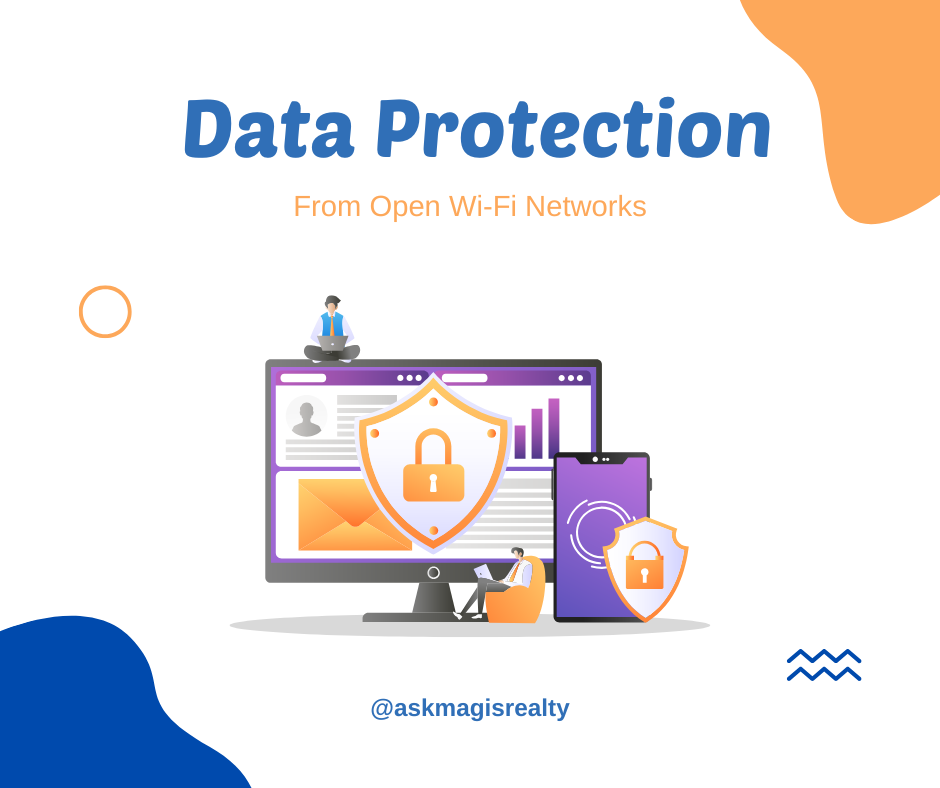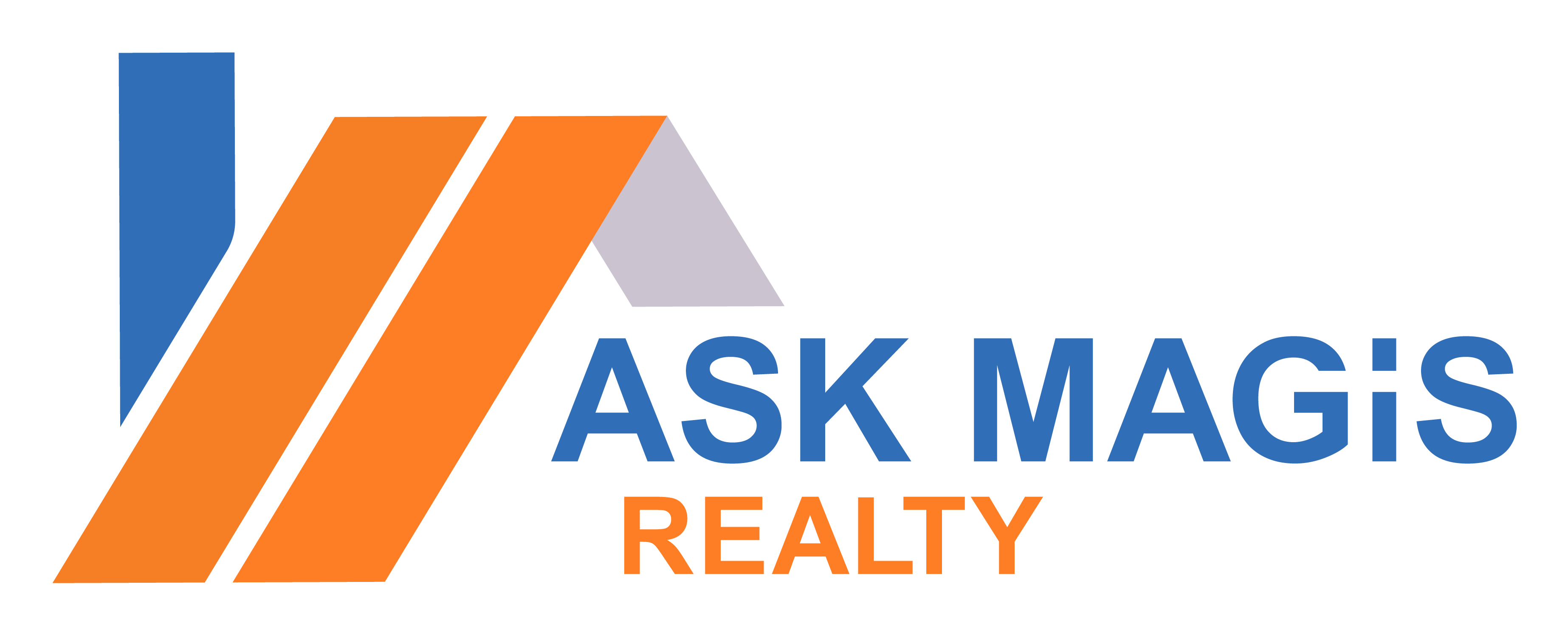Categories
Cyber SecurityPublished July 3, 2025
8 Ways to Stay Safe on Open Wi-Fi Networks

🚨 What’s at Risk on Open Wi-Fi?
When you connect to unsecured networks, you're opening the door to a variety of cyber threats. Here’s what could go wrong:
-
🛑 Data Theft
Cybercriminals may try to access your login info, financial accounts, or even lock you out and demand a ransom. -
🦠 Hidden Malware
Malicious software can quietly install itself, spying on your activity or being used in larger attacks. -
📉 Business Risk
Accessing work accounts on public Wi-Fi could accidentally expose client or company data, harming trust and reputation. -
🔎 Unprotected Data
Without encryption, attackers can intercept what you send—like passwords or personal info. -
🔗 Man-in-the-Middle Attacks
Hackers can quietly sit between you and the websites you use, altering or capturing your data in real time. -
🎭 Fake Wi-Fi Networks
Networks with names like “FreeWiFi” or “Workplace Guest” could be traps designed to steal your information.
🚨 What to Watch For on Public Wi-Fi
Public networks can leave your information vulnerable if you're not careful. Here are a few common risks:
1. Use a VPN
A Virtual Private Network (VPN) is your first line of defense. It encrypts all of your internet traffic, making it nearly impossible for hackers to intercept your data—even on unsecured networks.
If you haven’t signed up for one yet, now’s the time. We use NordVPN.
2. Enable Your Firewall
Most operating systems come with a built-in firewall—just make sure it’s turned on. A firewall helps filter out malicious traffic and blocks unauthorized access to your device.
3. Strengthen Your Account Security
Cybercriminals often target login credentials. Protect your accounts by:
-
Using strong, unique passwords for each account.
-
Enabling multi-factor authentication (MFA) to add an extra layer of protection, even if your password is compromised.
4. Use Additional Security Software
Consider tools like NordVPN’s Threat Protection Pro or similar antivirus solutions. These can:
-
Block access to dangerous websites.
-
Scan your downloads and remove malware before it infects your device.
5. Use Mobile Data for Sensitive Activities
Accessing sensitive accounts? Avoid public Wi-Fi altogether. Switching to mobile data (even temporarily) can provide a much safer connection—especially for tasks like banking or stock trading.
6. Only Access HTTPS Websites
Before entering any personal information, make sure the website uses HTTPS (check for the padlock icon in the address bar). This ensures that your data is encrypted during transmission.
7. Avoid Apps with Weak Security
Some apps don’t use proper encryption or store your data securely. Stick to official, well-reviewed apps—especially for financial transactions, email, and work-related tools.
8. Keep Your Software Updated
Outdated software is a hacker’s playground. Regularly update: CRM, operating system, Web browsers, VPNs, Antivirus software.
Security patches often fix vulnerabilities before they can be exploited.





